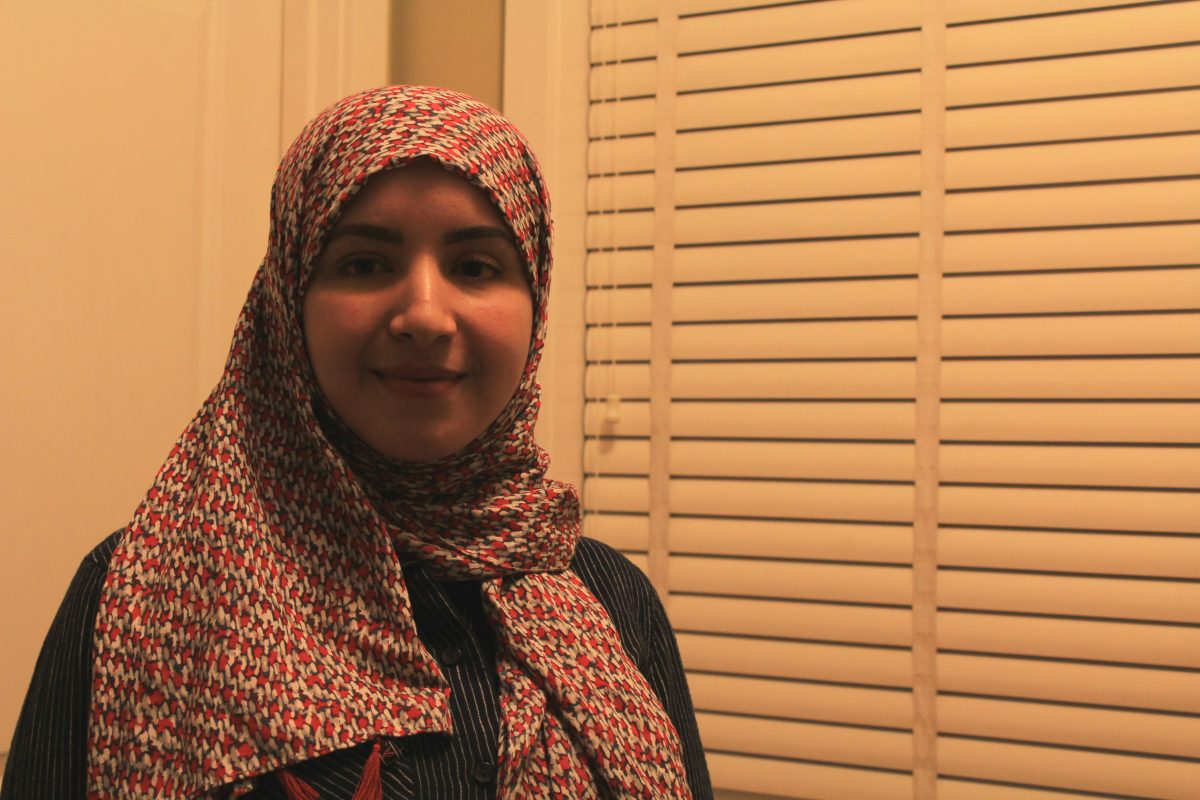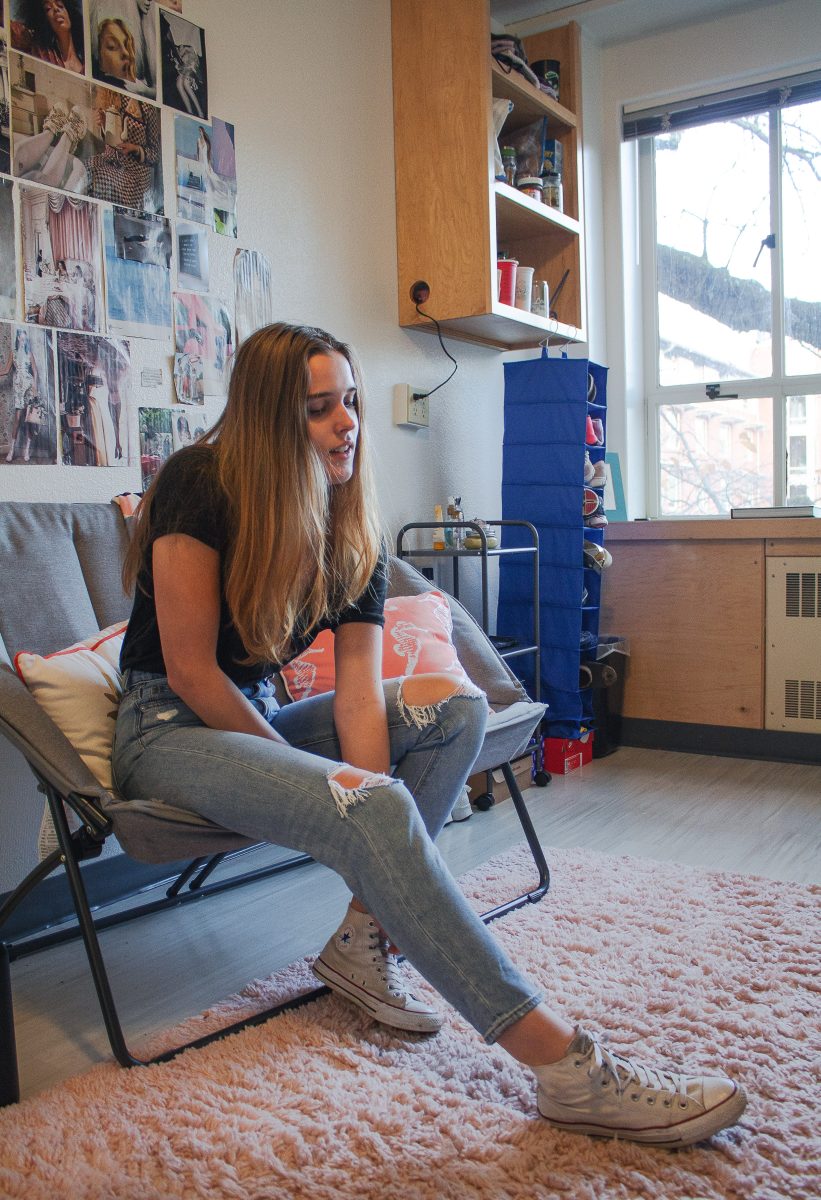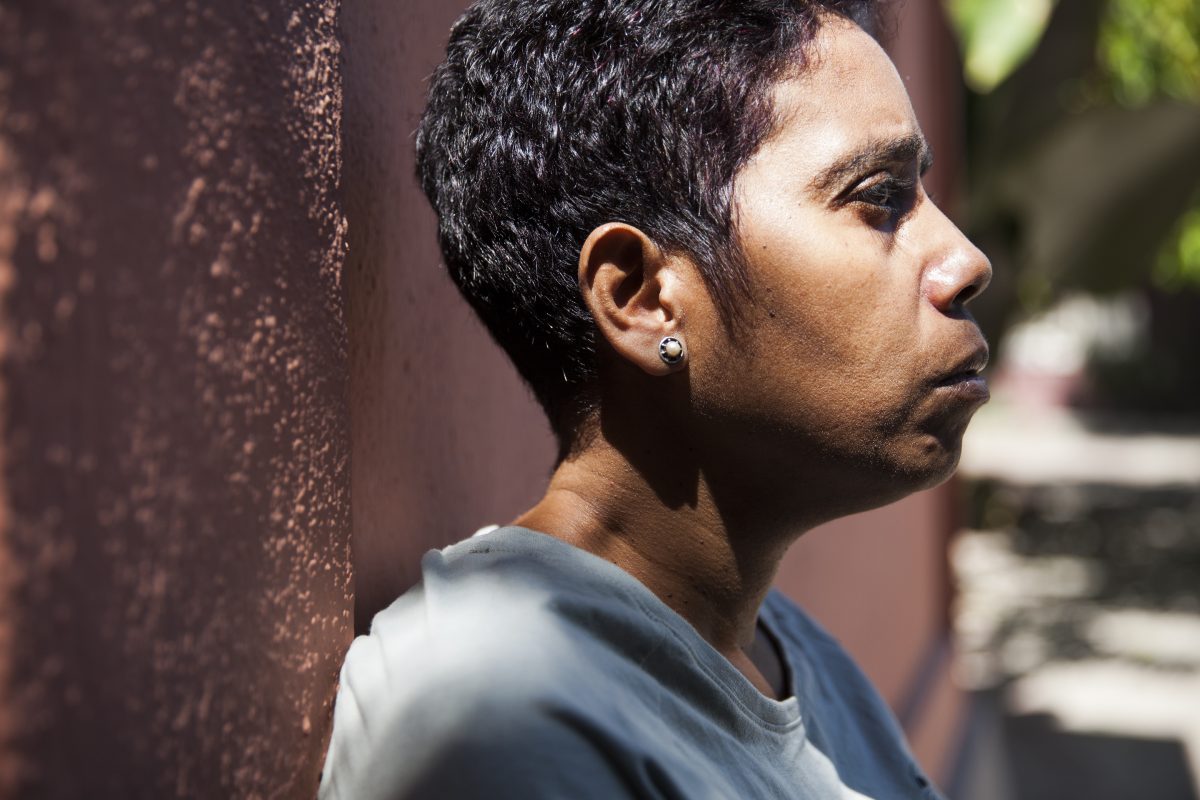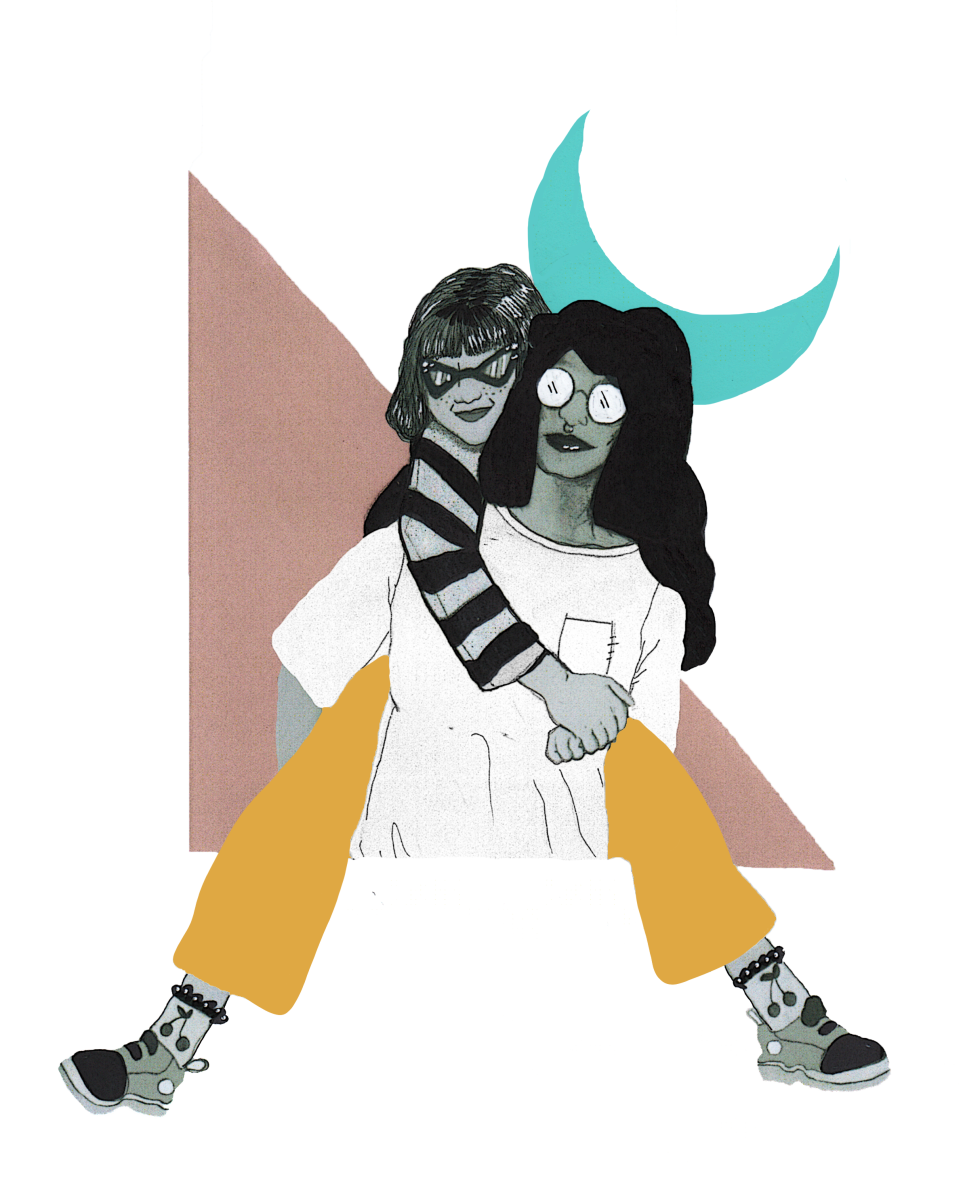On a chilly autumn day amidst the bustle of the fall term, Reilly Moran, wearing a rainbow watch strap, recounts the first days over a year ago that she met her girlfriend. Identifying as bisexual, Moran came into last year ready to sacrifice dating for her newfound independence, but that was soon a thing of the past when she met a girl in her dorm that could relate to the stress of rushing sororities.
Moran, a sophomore and member of Alpha Chi Omega on campus says, “I felt a little weird rushing knowing that my sexuality is such a big part of my life and it wasn’t something that the sorority would know when they let me into their house.”
But finding a home in AXO led Moran to a place of unexpected acceptance and grace. “I have taken my girlfriend, who is also in a sorority, to all of my formals and date dashes,” she says. “I am super comfortable having her around my house and sorority sisters. I’m a confident person in general, but my attitude is that if they aren’t comfortable with it, then I don’t want to associate with them.”
This confidence has allowed for a shift in the discourse around gender in her chapter. Most houses on campus enforce “male hours” that allow men to be on the premises for a certain period of time, usually only on the first floor. Moran changed the dialogue to be called “visitor hours” instead so that the traditional take on 20-year-olds hanging out isn’t so hypersexualized around gender. This idea came to fruition when she moved into the chapter house and had to navigate a new gender dynamic: Did the rules bend because she had a girlfriend rather than a boyfriend that wanted to come over? With the implementation of visitor hours instead of “male hours”, the acknowledgement of chapter members’ different sexualities fostered inclusivity and AXO was the first sorority to do so. These gender-neutral perspectives are also addressed in titles like the “house-mom,” a female-identifying employee that lives in the house with its members, being changed to “house-director” to release pressure on fitting a certain role.
While this simple switch in dialogue is changing the conversation around traditional Greek culture, it’s also changing the entire mission of some chapters. LGBTQ inclusive terminology fosters more diversity in chapters, and fraternities and sororities have a lot to learn about people who don’t rush because of the heteronormative culture. It all starts with the changes current members have made. Alpha Chi Omega stated in their national bylaws that they accept all female-identifying candidates for sisterhood, meaning that transgender women could be clearly included in a gendered space previously skeptical of that – an enormous leap for progressivism in pride. While sorority life has constantly promoted a linear view of femininity, the fact that the hegemony of what it means to be a woman is changing is revolutionary on its own.
“My biggest fear coming out in my sorority was just not being accepted and being ostracized, but no one has even acted like it’s different from anyone else. In sororities, we have people from all over the country and of all religious backgrounds, but no one has said anything concerning,” Moran says. Fraternity & Sorority Life (FSL), one of the largest and most diverse organizations on campus, has an extensive social media presence and platform to advocate for pride and yet never uses it. FSL encompasses all of the Greek chapters that affiliate with the university, and its council officers actively enforce the university’s values and standards, monitor conduct, and advocate for system-wide support and leadership.
“If we incorporated simple events inclusive of the LGBTQ community in things like Greek Week, promoting recruitment or social media posts, then we would have a more diverse array of LGBTQ members in our culture. They would feel confident in having that space here,” says Nina VanSpeybroeck, a sophomore in Kappa Delta. While the University of Oregon is in the Top 30 most LGBTQ-Friendly universities, according to University of Oregon admissions, our FSL program seldom reflects that. The potential it has to advertise acceptance of gender and sexuality spectrums is limitless, and it starts with bringing the conversation to the table and setting equal places.










![[Photo Courtesy of the Lara Family]
Ruben embraces his beloved childhood goat, Katrina.](https://ethos.dailyemerald.com/wp-content/uploads/2025/05/katrina-1-1060x1200.jpg)


